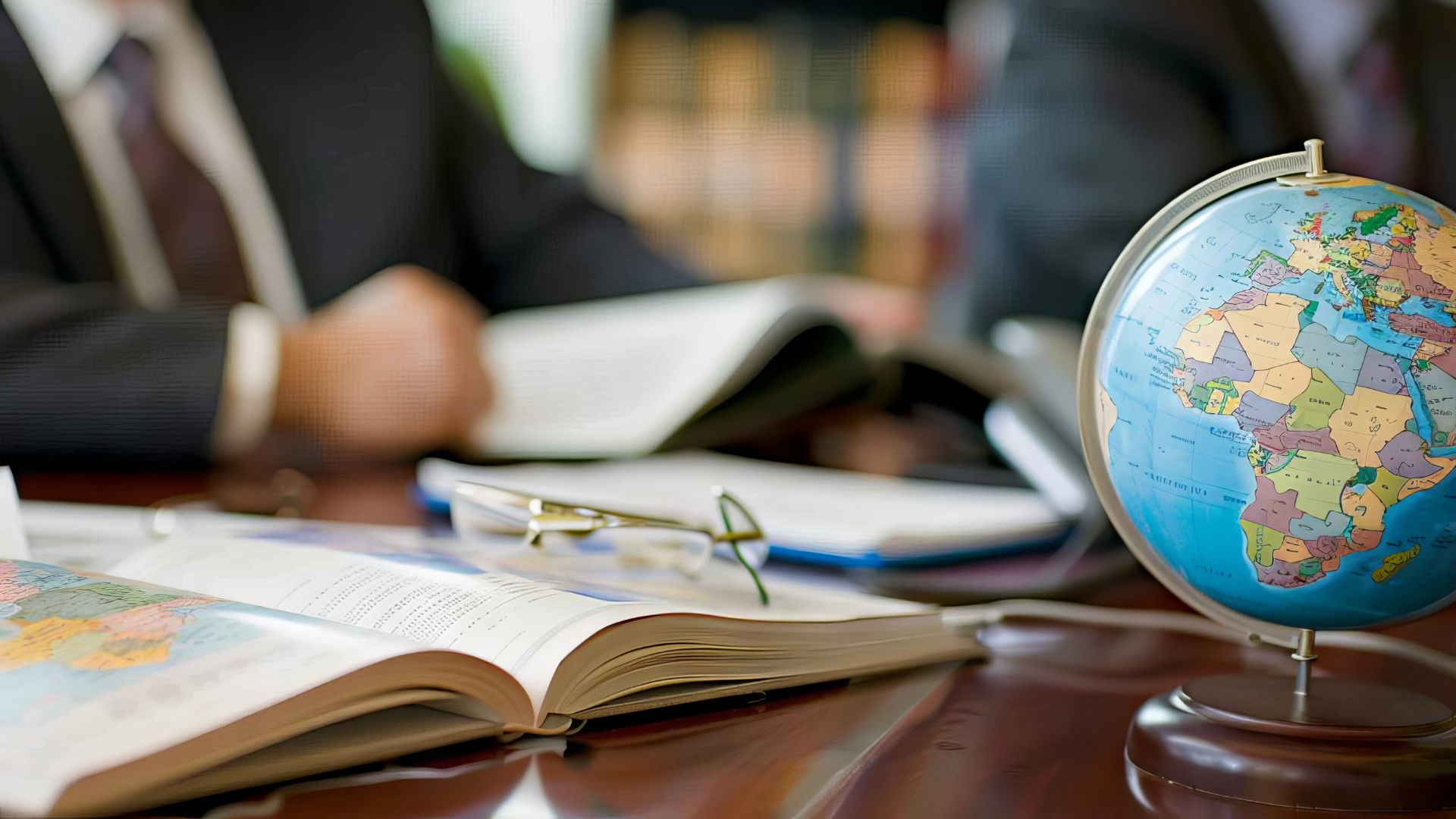In an increasingly globalized legal world, the need to translate documents related to litigation law is becoming essential. Whether you are a lawyer, corporate lawyer or magistrate, this article guides you on the importance of translation in this field, its specificities and the solutions that Legal 230 can provide you.
How does a translation of documents in international litigation work?
It involves transposing legal documents relating to disputes or litigation into one or more languages. These documents generally include:
- Summonses and pleadings : Essential documents for initiating or responding to legal proceedings, where each term can have significant legal impact. For example, a poorly translated summons can weaken a defense or delay proceedings.
- Judgments and Orders : Court decisions that must be accurately translated to ensure their enforcement in a foreign jurisdiction.
- Contractual documents : Often include dispute resolution clauses, such as arbitration agreements, which must be understandable to all parties involved.
- Expert reports : Crucial for supporting technical or financial arguments in litigation. Their translation requires dual expertise, both legal and technical.
- Correspondence between lawyers : Which requires absolute precision to avoid any misinterpretation.
Litigation cases often involve technical terms and complex terminology. Incorrect translation can lead to delays, misunderstandings, or even adverse decisions in a legal proceeding.
Why is this translation essential?
A translation in litigation law plays a key role for several reasons:
- Compliance with legal requirements
In many jurisdictions, translated (and sometimes certified) documents are required to ensure the admissibility of evidence or arguments. For example, an international tribunal may reject a document not translated into the official language of the proceedings. - Clarity and accuracy
Legal nuances vary from system to system. Translating litigation documents accurately helps avoid misunderstandings that could jeopardize a case. Imagine a mistake in translating an indemnity clause: it could cost a company millions. - Smooth communication between parties
Cross-border disputes often involve parties speaking different languages, with divergent interests. Translation ensures effective communication and fair treatment of information. - Strengthening credibility
In a legal context, presenting perfectly translated documents inspires confidence in judges, arbitrators and other parties involved.
How to translate contentious documents?
A successful translation is based on several pillars:
- Use of legal experts
A translator specializing in litigation law is not limited to language. He must master the subtleties of the legal systems of the countries concerned. For example, there are significant differences between common law and civil law, which must be respected. - Using glossaries and lexicons
At Legal 230 , we work with legal glossaries that are constantly updated and adapted to each area of law. This guarantees terminological consistency and adaptation to the specificities of local jurisdictions. - Compliance with legal formats
A judgment or order must often maintain a precise format, including paragraph numbers, signatures, and official seals. It requires technical skills to faithfully reproduce these elements. - Absolute confidentiality
Litigation often involves sensitive information, such as personal data or trade secrets. We ensure that all your data is treated securely, in accordance with European and international standards.
How can Legal 230 help you?
We understand your challenges and put our expertise at the service of your translations in litigation law . Here is how we can help you:
- A team of specialized translators
Our translators are legal experts, trained in the specificities of national and international litigation. For example, they are able to work on cases involving international arbitration or complex commercial disputes. - An innovative translation tool
With Alan , our machine translation solution, you benefit from considerable time savings. This tool, trained only on legal texts, offers unmatched accuracy. The translations are then post-edited by a human expert to guarantee their final quality. - Strict respect for confidentiality
We apply the highest security standards, such as end-to-end encryption and signed confidentiality agreements with all our employees. - Extensive expertise
Our services cover more than 24 languages and integrate local legal specificities, whether for European, American or Asian cases. - Tailor-made support
Our dedicated project managers ensure smooth communication and rigorous monitoring of your projects. Whether for an urgent translation or for large volumes, we have the resources and experience to meet your expectations.
We bring you the assurance of working with a partner who understands your challenges and meets your expectations with precision, rigor and confidentiality. Contact us to find out how we can help you manage your document translations litigation.
Need a legal translation? Request a quote today.

